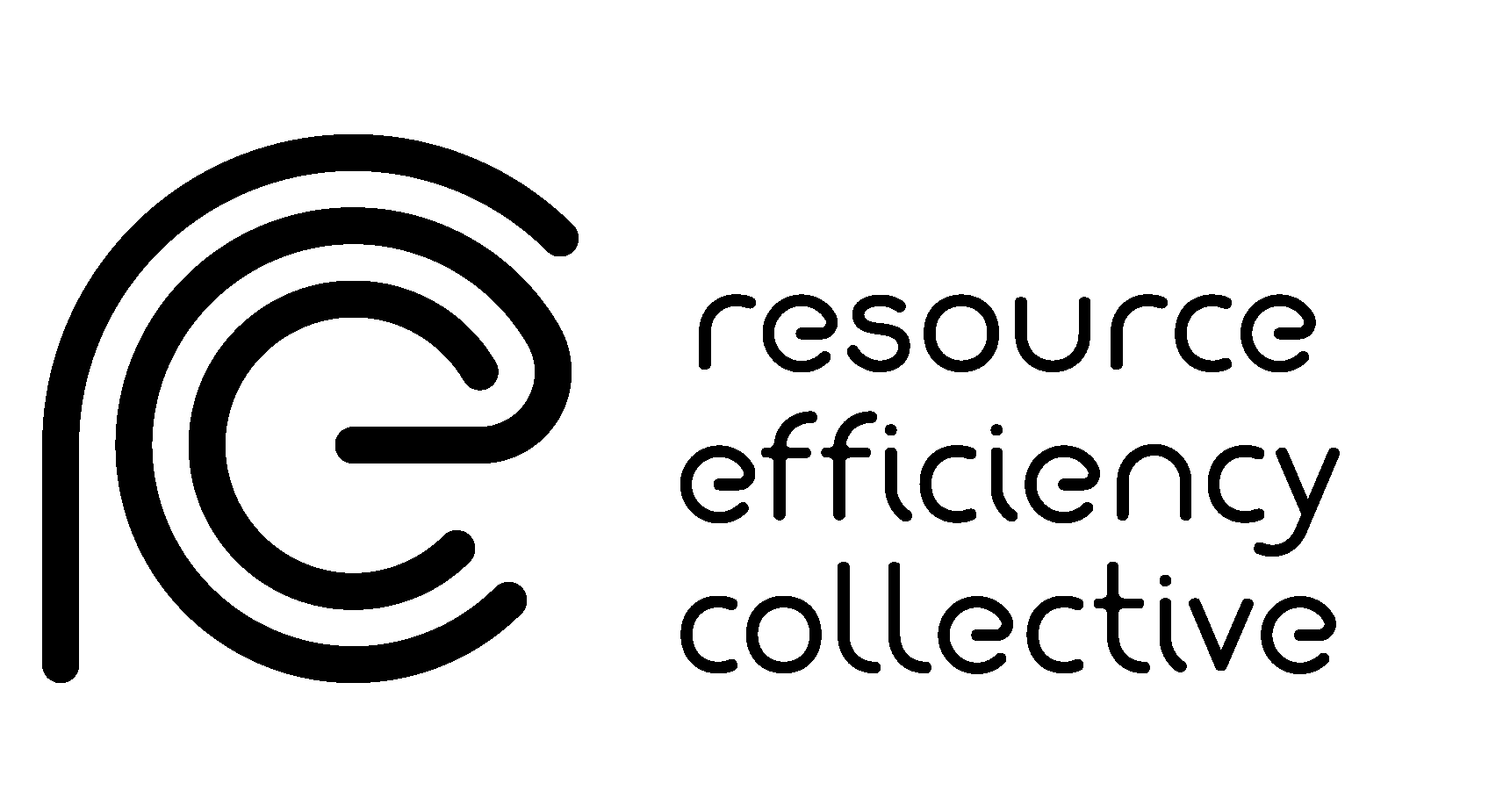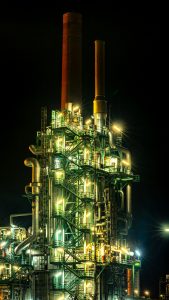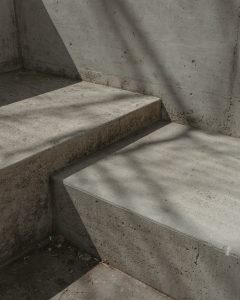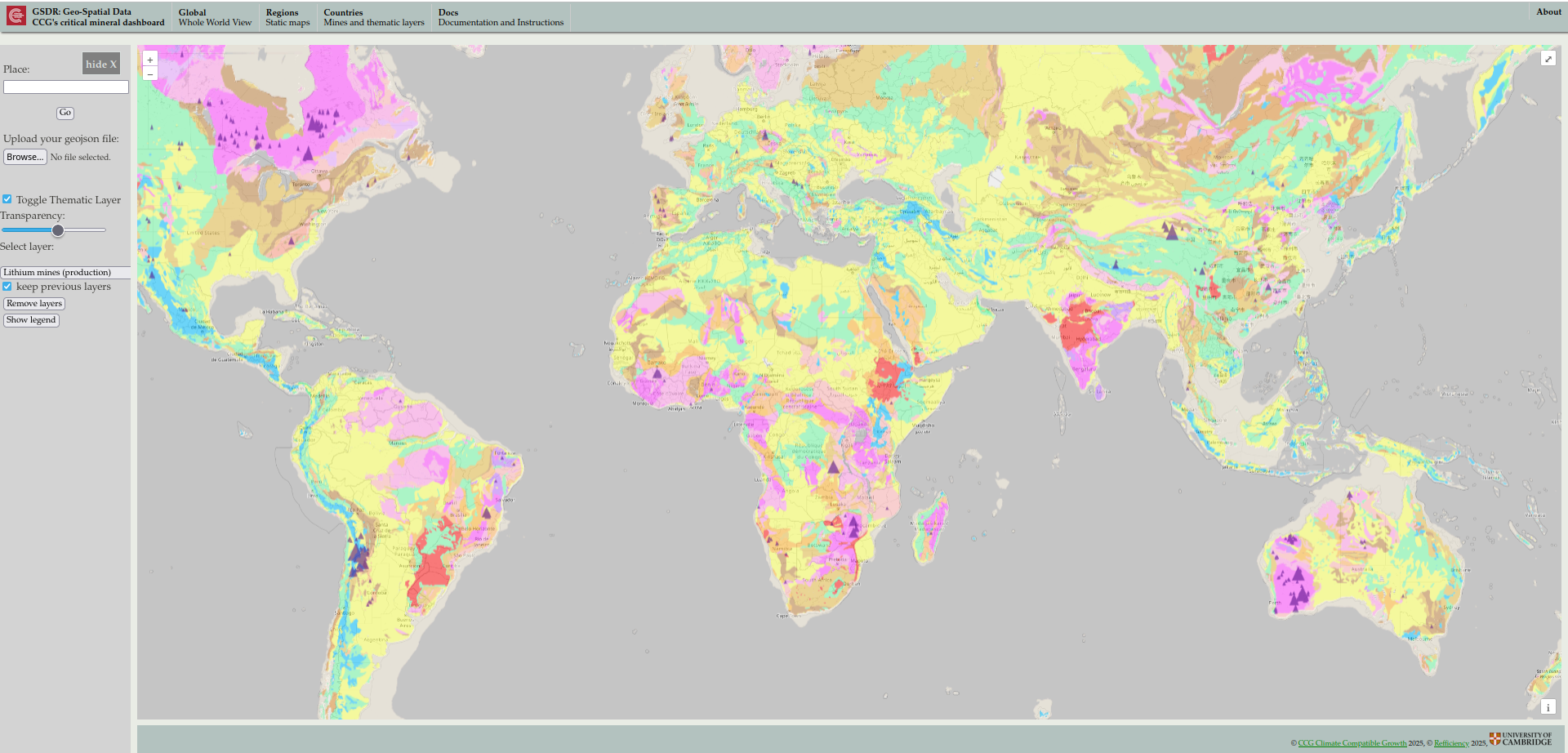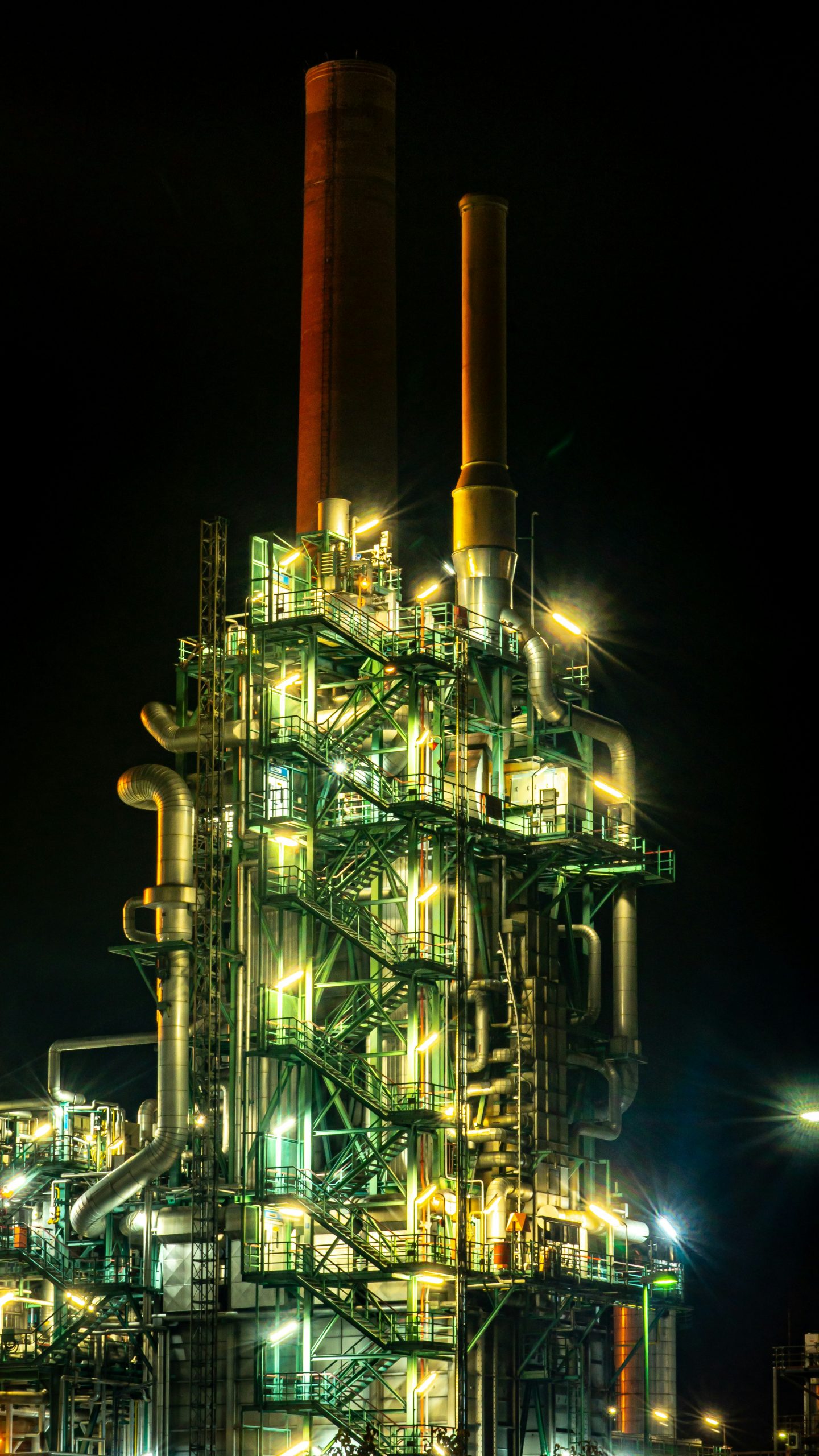Energy Cost Metric
The construction and operation of buildings is responsible for 36% of global energy use and 39% of energy-related carbon dioxide emissions. The environmental impact of the buildings depends on the materials and energy required to construct, operate, maintain and take down the building. The energy used to operating building have been the focus of evaluation for many years, however less attention has been paid to the energy embodied in materials across construction, maintenance and take down. Furthermore the tradeoffs between energy input across the lifecycle and cost are often missed in decision making processes in construction.
To address these challenges, a buildings energy committee at the University of Cambridge conceived the Energy Cost Metric (ECM) which seeks to bridge the performance gap between cost and energy considerations in a transparent and effective manner. The ECM relates the total lifecycle energy required to construct, operate, maintain and take-down the building, to the construction costs using the formula: F=E+C/α, where 𝐹 is the objective function, 𝐸 captures whole-life energy, 𝐶 building capital cost, and 𝛼 is a weighted factor related to the anticipated cost of energy. The metric is agnostic to the scale and detail of considered design options and was put into application at West Cambridge Development Site to guide design decisions from initial stage to construction.
The ECM is anticipated to provide a novel and meaningful approach to designers to achieve very-low energy designs at early stages of the design project, without undue cost. It also serves as a common method and language between beneficiaries, project managers, architects, engineers, contractors and quantity surveys, where matters relating to capital cost, sustainability and energy use can be debated in an inclusive manner.
In this report, the Energy Cost Metric is firstly explained and then tested in practice with outside partners on the Civil Engineering Building (CEB) development project, from 2015 – 2017.
